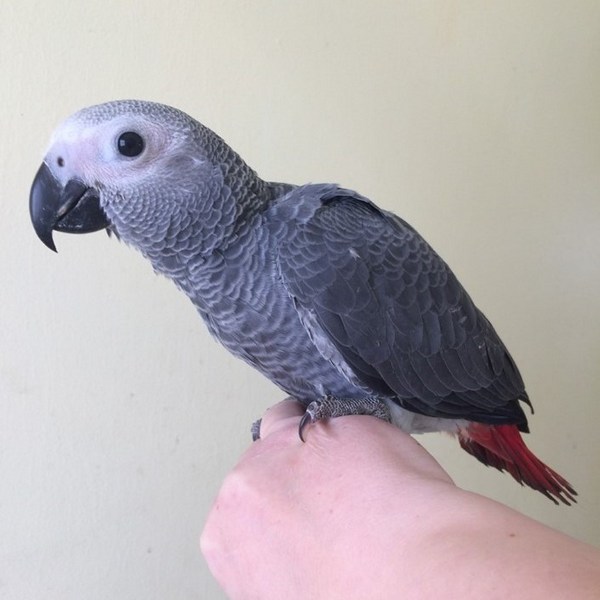
- by FPABS-Admin
- 0
- Posted on
African Grey Parrots
.African Grey Parrots there’s a reason why the African grey is often consider the poster. Bird for parrot intelligence not only is this bird incline to amass a large. African greys also demonstrate an aptitude for recognizing the meaning of words and phrases.
African greys need plenty of toys that challenge their intelligence, such as foraging and puzzle toys. Nutri-Berries by Lafeber Company are perfect for foraging. This complete food blends a balance of grains, seeds, and other nutrients in the shape of a berry. Because the grains and seeds are mostly whole and form into a berry shape, it encourages. African greys to hold, nibble, and even play with the Nutri-Berries. This mimics the foraging that African greys do in the wild.
African greys seem especially affected by stress and commotion in their environment and can be put more at ease by placing one corner of the cage against a wall as opposed to in the middle of a room.
African grey parrots are more prone to deficiency in vitamin-A/beta-carotene, and therefore benefit from eating vegetables high in beta-carotene, such as cook sweet potato and fresh kale. Vitamin-D deficiency is another concern, especially for greys on a poor diet. Offering a balanced, pelleted diet, such as Nutri-Berries, for the main diet of an African grey helps prevent vitamin and mineral deficiencies. A grey that consumes a pelleted diet generally does not need vitamin supplements added to its food.
